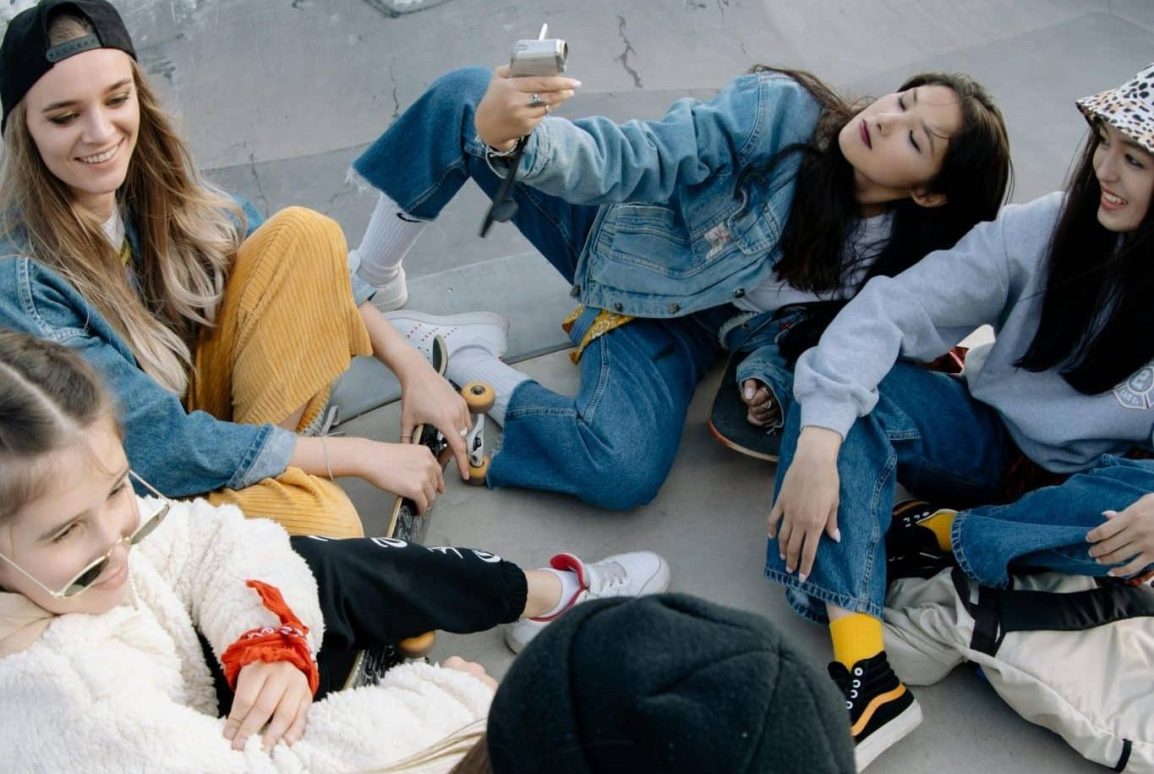
We like to think that we are all independent, a force to be reckoned with. We pride ourselves on making our own decisions, being different from the crowd, and being altogether our own person. History and daily life give evidence against such things: evidence that suggests how we follow the masses beyond our understanding.
It’s not wrong; it is just what makes us deeply human.
Comfort in Conformity
Human beings evolved as social creatures, as we depended on each other for the survival of the race and as individuals. Tribal culture was all that was ever known, so most people were dependent without another thought. Being cast out meant vulnerability, even death. So, the instinct to belong became part of our wiring.
That instinct still guides us, though the threats have changed. Today, we don’t fear a predator looming in the dark, but more intangible things such as social isolation, shame, or public exile. So we adapt. We mirror others’ beliefs, mimic their behaviors, laugh when they laugh, agree when we disagree, all in pursuit of the same invisible reward: acceptance.
In its entirety, it is much easier to blend in than stand out.
Choice as a Gimmick
Modern society sells us individualism as a brand, something to acquire. We customize our playlists, curate our feeds, and choose from endless options, but everything is limited to a range. Everyone is supposed to find a place of their own with people who are alike. Trends shift towards the “new” thing or the thing with the loudest voice, but a trend somehow speaks to everyone.
When everyone wears “different,” it becomes the new uniform. Even rebellion becomes a style that can be bought and sold. Hot Topic sells emo, Ralph Lauren sells old money, and Chanel sells avant-garde. True individuality, then, is not the absence of influence, but the awareness of it.
When Consensus Becomes Control
Collective agreement constantly masks collective failure. Empires expanded under the belief that conquest was destiny. Wars were justified because the majority believed in them. Prejudices survived because too many chose comfort over confrontation. The absence of dissent is what makes groupthink turn sour. Those who challenge group norms are often labeled as difficult, dramatic, or deviant. Even before we have thought about what is right, we fear disagreement and discerning looks. The thought itself gets too scared to appear.
In the midst of the chaos, we forget that the crowd isn’t always right; it just has the loudest voice. By standing apart, we invite scrutiny, and eventually everyone crumbles.
What of within?
Like everything, these thoughts start within. Think back to being a child when embarrassment was barely an afterthought. That mentality, where you are the truest version of you, is influenced, often unknowingly, by the version of you that your crowd will always see.
We practice smiles in the mirror, sentences in our heads, and our opinions out loud. But when authenticity is a risk, fitting in and agreeing becomes a habit. Conformity, while comfortable, is costly. It dulls curiosity, erases nuance, and replaces conviction with convenience.
The Choice to Choose
Progress comes from questions, whether moral, intellectual, or creative. We must wait and reflect on the “whys” in our lives. You can belong to a community and still question it. You can walk with the crowd without losing yourself in it. The goal isn’t to be different for the sake of “looking different” but to be honest and understanding.
Is Groupthink inevitable? No.
Unfortunate? Definitely not.
But occurrent? Absolutely.
Sometimes, the bravest act isn’t leading the crowd.
It’s stepping out of it.

